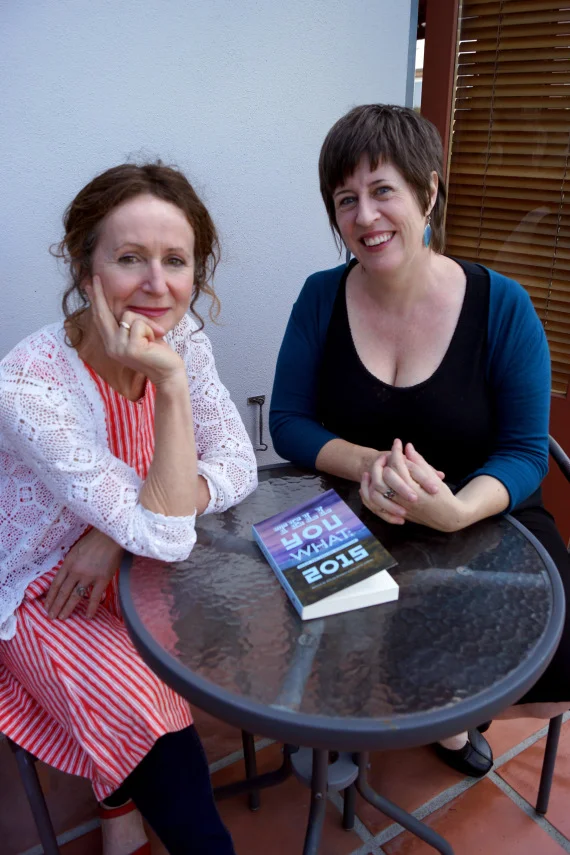This review was originally published in the 29 July 2017 issue of the NZ Listener.
Reading this compilation of Lauris Edmond’s poetry and prose can be unsettling. Edmond records her own experience so skilfully that she communicates something close to universal human truth. It’s almost like she knows you and is writing directly to you.
To put this new anthology together, editors Frances Edmond and Sue Fitchett asked various of Lauris Edmond’s family, friends and colleagues to nominate a piece of her writing that they felt was in some way quintessentially ‘Lauris’. The result is a compact collection – less than 200 pages – of poetry and excerpts from her autobiographies that feels intimate and personal.
Night Burns with a White Fire is split into thematic sections that are roughly chronological. They deal with common themes of everyday life: family, marriage, ageing, friendship. The first section is “Somewhere you are always going home”; poems and prose about childbirth, children, ancestors, and descendants. In “Square dance”, Edmond addresses her “five-foot legendary grandmother” Clara Eliza who died before Edmond was born: “I can see you, moving about / in the dim grey weather where history lodges”. Edmond then turns to her granddaughter Ruth: “You too … will likely give birth to a girl / who in turn will depart for a later, stranger time. … you will mature among women / with a larger pride in their powers.”
This theme of women coming into their own recurs throughout the book. Edmond was born in 1924 and died in 2000. She lived through most of the major events of the twentieth century, including the rise of second-wave feminism. She published her first book of poems, In Middle Air, in 1975 at the age of 51, and her writing career took off from there. 1975 was also the year Edmond moved to Oriental Bay, in Wellington, where her work is now memorialised in stone in the harbourfront Writers Walk.
In “Wellington letter XV”, Edmond writes: “In time … it will be as though / I had never lived; / but the earth will remain … and women I shall not know / will walk”. Night Burns with a White Fire is in part an attempt to stave off that time of when it shall be as though Edmond had never lived. We have her books; we have some of her words written in stone, past which ‘women I shall not know’ walk every day.
As the editors say in their introduction, “[Edmond’s] skill was to make her experience speak to ours.” Night Burns with a White Fire is a small book, but one that feels like it will last.



















